Scientists at the Council of Scientific & Industrial Research-Institute of Genomics and Integrative Biology have come up with a low-cost coronavirus test that will not require any expensive machines for detection of the pathogen.
The test can detect the coronavirus disease (Covid-19) within one hour and is expected to be available for the first phase of testing in four weeks.
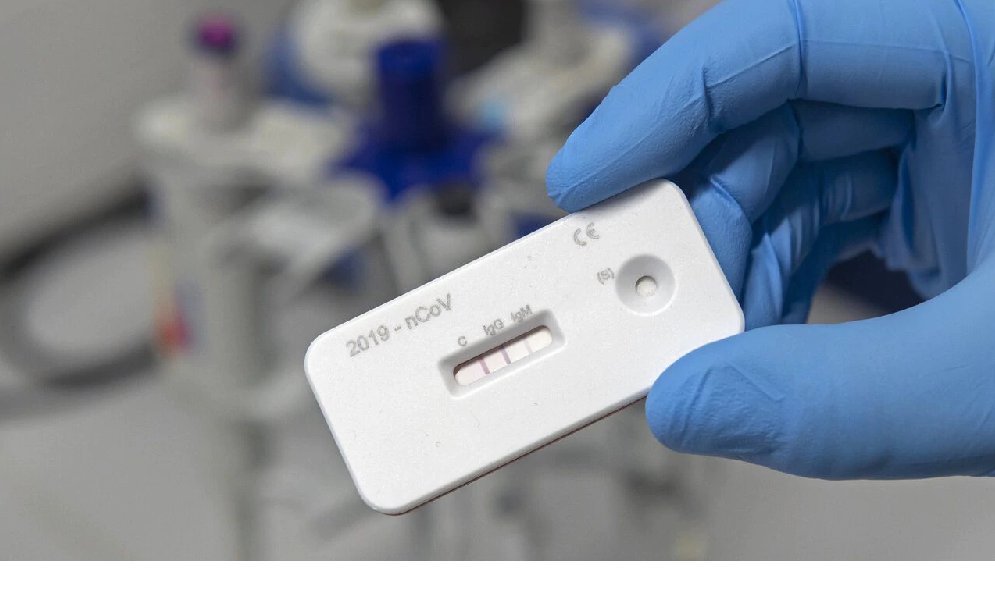
Named after ”Feluda”, the detective character in legendary filmmaker Satyajit Ray’s stories, although it is also an acronym for FNCAS9 Editor-Linked Uniform Detection Assay.
The test uses CRISPR gene-editing technology to identify and target the genetic material of Sars-CoV2, the virus that causes Covid-19. The test has been developed by Debojyoti Chakraborty and Souvik Maiti as a simpler way of detecting SARS-coV2 presence in clinical samples.
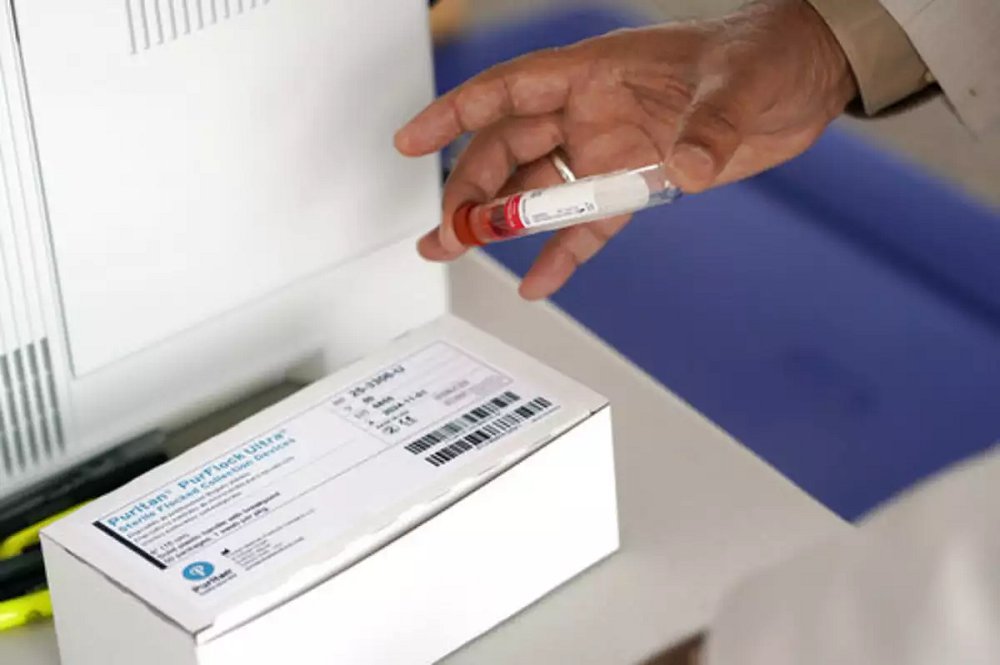
The CRISPR-based Feluda testing works by combining CRISPR biology and paper strip chemistry. Briefly, Cas9 protein, a component of the CRISPR system, is barcoded to interact specifically with the Sars-CoV2 sequence in the patient’s genetic material.
The complex of Cas9 with Sars-CoV2 is then applied to a paper strip, where using two lines (one control, one test) make it possible to determine if the test sample was infected with Covid-19.
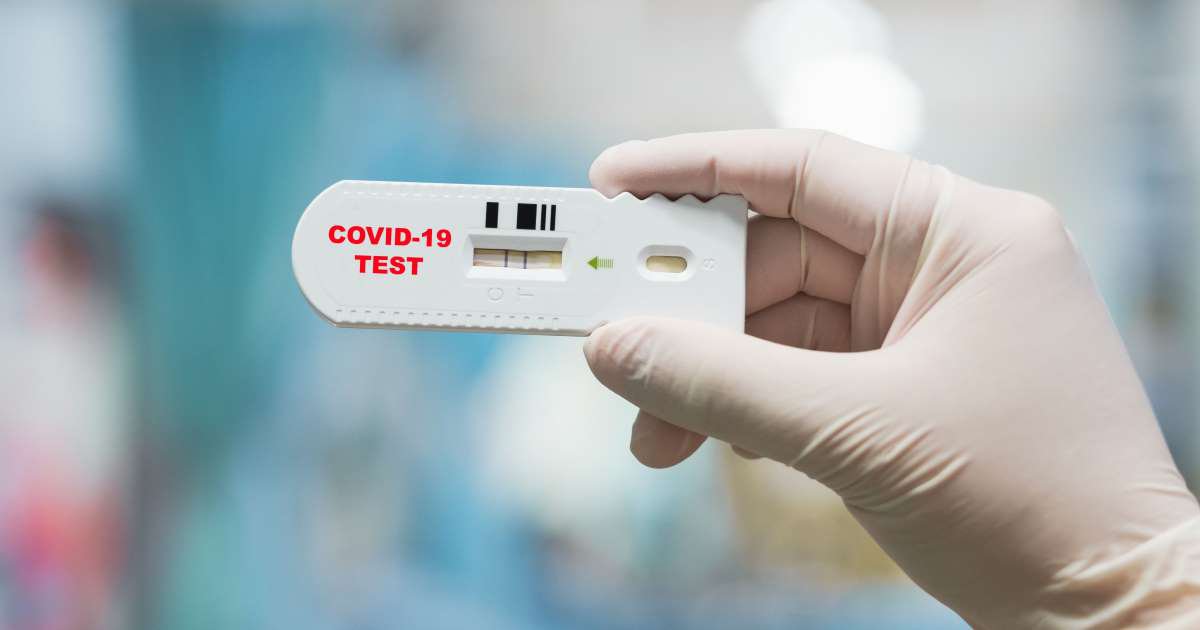
Using the innovative chemistry on a paper strip, the CRISPR complex, bound to that specific sequence, can be visualised as a positive band, like one sees in simple pregnancy tests. The entire diagnostic process takes about one hour, starting from RNA to giving a visual readout on the strip.
What makes this technology different?
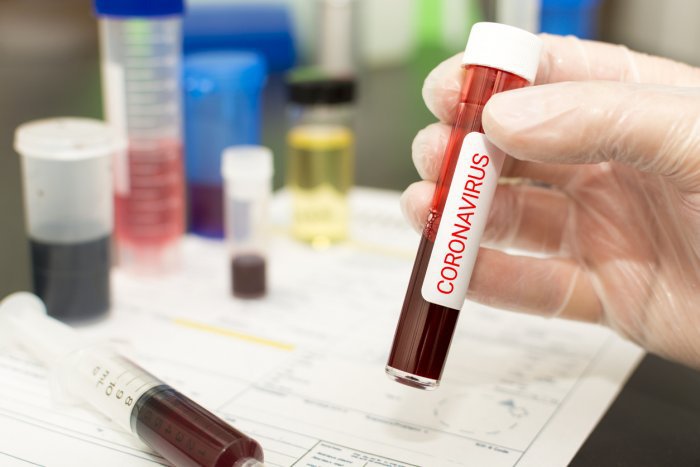
Most labs are working with PCR(polymerase chain reaction)-based technology, which is costly and needs a lab set-up. The paper strip does not require (biosafety) Level-2 or Level-3 lab for testing and can be done in any path lab.
Unlike other CRISPR tests that use CAS12 and CAS13 proteins to detect Sars-CoV2, the CSIR-IGIB kit technology uses CAS9 protein (CRISPR-associated protein 9) to identify and bind to the target sequence.
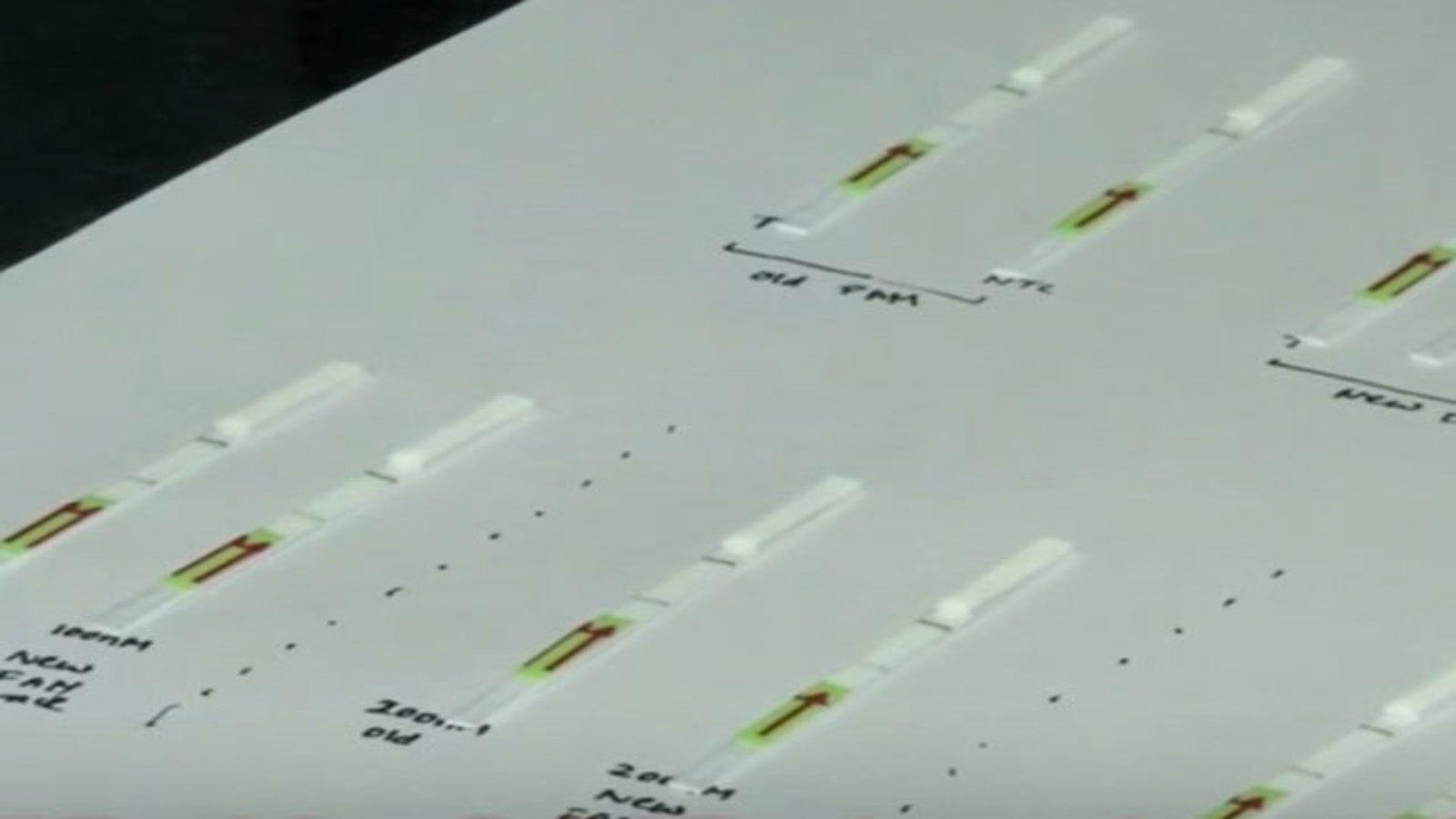
CRISPR, which is short for Clustered Regularly Interspaced Short Palindromic Repeats, is a gene-editing technology that can be used to detect a specific snippet of DNA from a sequence. It can also be used to turn genes on or off without altering their sequence.
Feluda is not limited to Covid-19. The team has been working on Feluda for the past two years to develop an assay that can work on detecting any DNA-RNA or their mutations.
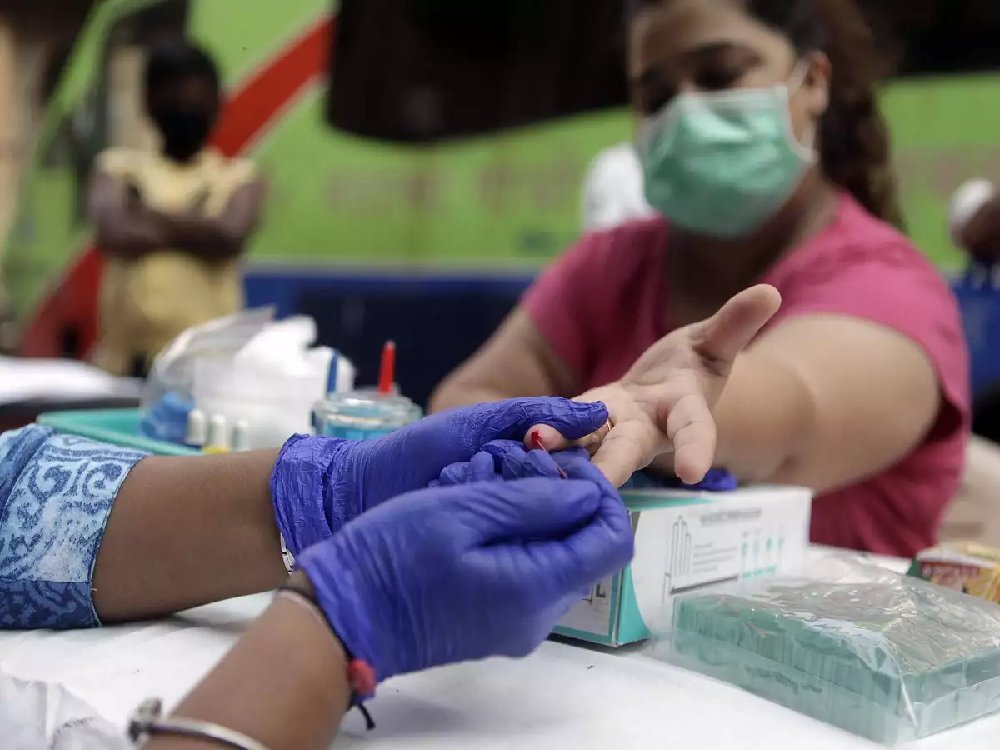
This is the only Covid-19 testing kit that has been developed using CRISPR-based technology in India. Feluda has been licenced to Tata Sons, which will commercialise the technology for Covid-19 detection.
Each Feluda test costs Rs 500 in the lab, and is expected to bring the cost of testing down from the Rs 4,500 per test for the real-time polymerase chain reaction test (RT-PCR), which is the only available test for detecting current Covid-19 infection.

















